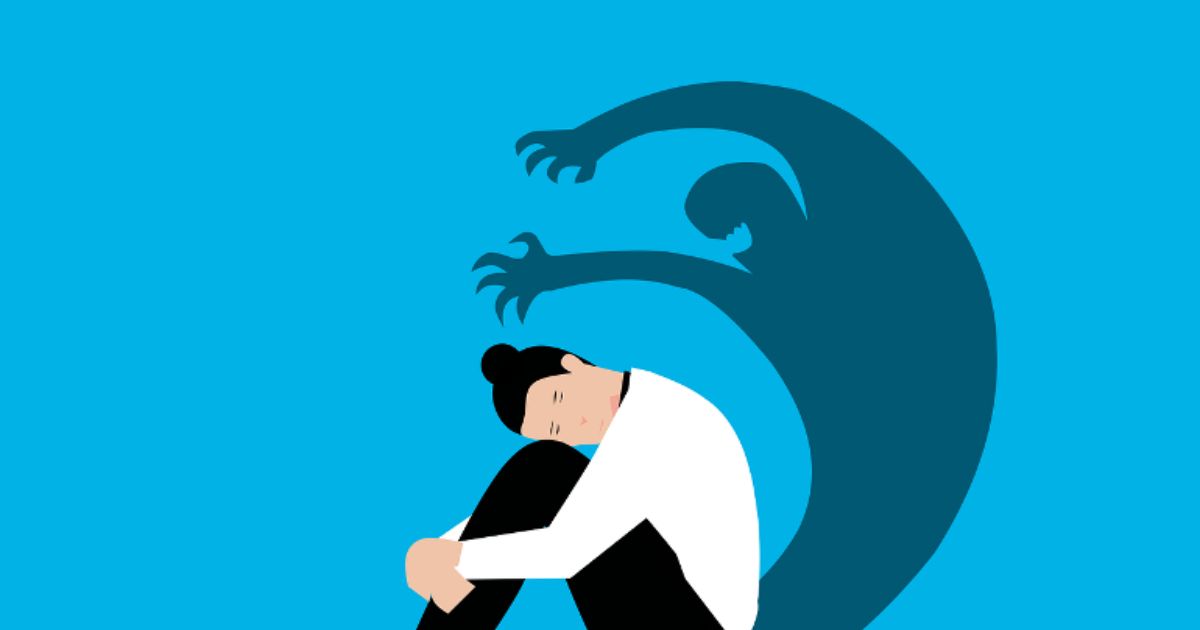The upcoming 2024 solar eclipse is not just a celestial event; it also brings with it the phenomenon known as “eclipse anxiety” or “eclipse sickness.” Individuals experiencing intensified symptoms of fear, stress, and anxiety during such unique occurrences often seek ways to manage their mental health. But what exactly is eclipse anxiety, and how can it be managed?
According to the Healthcare Communications Network, eclipse sickness refers to a range of symptoms experienced by individuals during and after an eclipse, including fatigue, balance issues, vivid dreams, and flu-like symptoms.
While some may dismiss it as a mere coincidence, many health professionals acknowledge the phenomenon. Janet Patterson, from Bridgehaven Mental Health Services, notes an influx in patients or exacerbated symptoms around celestial events like eclipses and full moons.
However, NASA denies any physical relationship between a total solar eclipse and health, stating there is no scientific evidence to support eclipse anxiety. Regardless, for some individuals, like Louisville resident Amanda Gabehart, heightened symptoms during such events prompt them to consider other factors, such as lunar cycles.
Large events like the upcoming solar eclipse or significant milestones, such as the 150th Kentucky Derby, may disrupt routines or feelings of normalcy for individuals like Gabehart. These disruptions can trigger a fight or flight response, leaving individuals feeling unsafe and vulnerable.
Eclipse anxiety differs from generalized or social anxiety, which are diagnosable mental health conditions supported by science. Generalized anxiety involves persistent and excessive worry about various things, while social anxiety is characterized by severe stress in social situations.
How To Cope WithEclipse Anxiety
To cope with anxiety, individuals like Elise Hofmann emphasize the importance of breathing techniques, fidget toys, and having a plan for social outings. Breathing techniques such as box breathing and belly breathing can help regulate emotions, while fidget toys provide a distraction during anxious moments.
The buddy system is another effective strategy for managing social outings, allowing individuals to have a support system in place. Positive affirmations and access to medication are also essential tools for coping with anxiety.
For those experiencing panic attacks, managing symptoms can be challenging. Gabehart suggests pacing or walking to reactivate both sides of the brain and regain access to coping skills. However, she emphasizes the importance of compassion and grace towards oneself during these moments.
Support from bystanders is crucial during anxiety or panic attacks. Rather than trying to fix the problem, simply offering support and understanding can make a significant difference.
In conclusion, while eclipse anxiety may lack scientific explanation, its impact on individuals’ mental health during celestial events cannot be ignored. With effective coping strategies and support systems in place, individuals can navigate through these challenging moments and prioritize their mental well-being.








Leave a Reply
You must be logged in to post a comment.